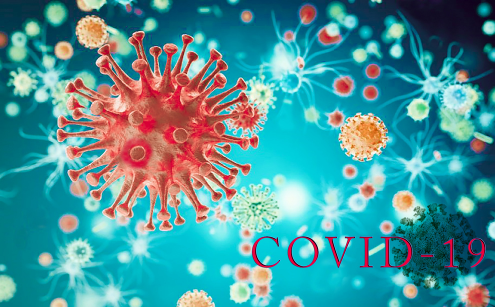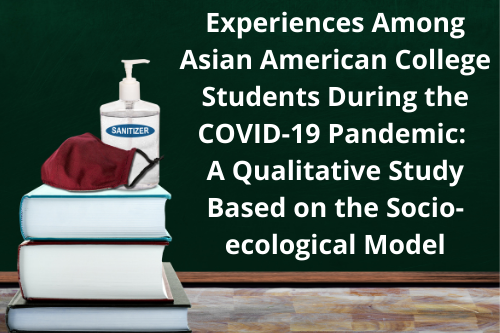
Racial and ethnic mental health disparities during the COVID-19 pandemic: The role of experienced and perceived discrimination
Presenter: Ming Wen
- Professor, Sociology Department
Racial and ethnic minorities often suffer from poor mental health outcomes due to multiple factors and these disparities may be exacerbated during the COVID-19 pandemic. This study examined mental health differences across whites (reference), blacks, Hispanics, Asians, and others in the USA and among Asian Americans. It also explored whether experienced and perceived racial discrimination mediated the observed group differences. This study used data from the Health, Ethnicity, and Pandemic Study, a nationally representative cross-sectional survey conducted in October 2020 that oversampled Asian Americans. Mental health was captured by the Kessler Distress Scale-6 (6 items; α=0.91; ranged from 6 to 30). Discrimination was measured by experienced racial-ethnic discrimination (1 item; dichotomous), experienced racial-ethnic cyberbullying (1 item; dichotomous), and perceived racial bias to own racial/ethnic group (7 items; α=0.89). Weighted OLS regression analyses were performed. Our results showed that Hispanics reported the highest level of psychological distress after controlling for age and biological sex but not controlling for SES. Meanwhile, Asians reported the highest level of psychological distress after controlling for age, biological sex, and SES, and this disadvantage was “explained away” by experienced and perceived discrimination. In the Asian subsample, Southeast Asians exhibited the highest level of distress which could be attributed to their relatively lower SES compared to other Asian ethnic groups. Interestingly, Chinese, particularly scapegoated and negatively stereotyped during the pandemic, were less distressed than non-Chinese Asians in our sample, mainly due to their higher SES. After controlling for discrimination, the Chinese participants’ advantage in distress became even stronger, suggesting they did experience more severe discrimination but their higher SES offset the potentially devastating mental impact of this stressor.
 Experiences Among Asian American College Students During the COVID-19 Pandemic: A
Qualitative Study Based on the Socio-ecological Model
Experiences Among Asian American College Students During the COVID-19 Pandemic: A
Qualitative Study Based on the Socio-ecological Model
Presenter: Akiko Kamimura
- Associate Professor, Department of Sociology
- Adjunct Associate Professor, Division of Public Health
- Adjunct Associate Professor, Department of Health, Kinesiology, and Recreation
The purpose of this study is to examine experiences among Asian American college students during the COVID-19 pandemic. Six focus groups were held online via Zoom with a total of 21 participants in October and November 2020. The focus group guide was built upon the socio-ecological model. Some participants expressed distress when having to leave their houses for pandemic safety and discrimination reasons. The impact of discriminatory events was addressed by participants’ families. Participants emphasized the importance of communities and local organizations during the COVID-19 pandemic. Participants indicated that showing support for the Asian American community through social media and public awareness campaigns could be useful in stopping the stigma associated with the COVID-19 pandemic. Understanding the experiences of Asian American college students during the COVID-19 pandemic provides insight on how to better support Asian American communities during the pandemic.
CROCCA, the Consortium for Research on Contemporary China and Asia, provides a forum for graduate students and faculty to present, discuss, and explore collaboration in social science research on Asia.


